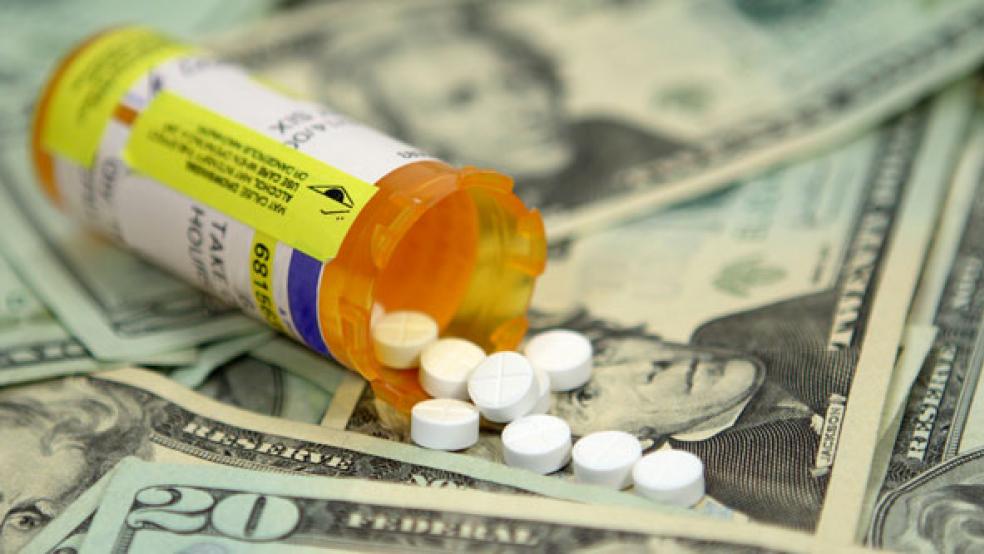NEW YORK (AP) — The pharmaceutical industry lobby spent $7 million in the first quarter as it lobbied the federal government on issues that included regulation of generic versions of biotech drugs, according to a recent federal filing.
The spending by the Pharmaceutical Research and Manufacturers of America was up 3 percent from the $6.9 million it spent on lobbying in the first quarter of 2009 and up 11 percent from the $6.3 million spent in the fourth quarter of last year.
The group, also known as PhRMA, has about 30 members, and 10 other biotechnology companies are research associates.
Prior to the passage of the health care overhaul law in March, the government had not defined a pathway for generic versions of biologic drugs to gain approval.
Biologic drugs are complex and often very expensive, and the PhRMA wanted Congress to keep generic versions of those drugs off the market for as long as possible after approval. Generic drugmakers wanted to be able to sell their versions sooner.
The health care reform law established a period of 12 years of market exclusivity, which was much closer to what the brand name drugmakers — represented by PhRMA — and biotechnology companies wanted. Generic drugmakers asked Congress to limit market exclusivity to five years.
Along with other elements of the health care reform bill, the group discussed issues related to the Medicare Part D drug benefit, including the "donut hole" coverage gap and rebates, Medicare payment and Medicaid rebates. Other areas of interest included drug importation and trade issues.
PhRMA lobbied Congress, the White House, the Department of Commerce, the Department of Health and Human Services, the Centers for Medicare and Medicaid Services, the Food and Drug Administration, the Federal Trade Commission, the Food and Drug Administration, the Congressional Budget Office, the Office of Management and Budget, the Agency for Health Care Policy and Research, the U.S. Patent and Trademark Office and the U.S. Trade Representative.
It disclosed its latest lobbying in a form filed April 20 with the House clerk's office.
The spending by the Pharmaceutical Research and Manufacturers of America was up 3 percent from the $6.9 million it spent on lobbying in the first quarter of 2009 and up 11 percent from the $6.3 million spent in the fourth quarter of last year.
The group, also known as PhRMA, has about 30 members, and 10 other biotechnology companies are research associates.
Prior to the passage of the health care overhaul law in March, the government had not defined a pathway for generic versions of biologic drugs to gain approval.
Biologic drugs are complex and often very expensive, and the PhRMA wanted Congress to keep generic versions of those drugs off the market for as long as possible after approval. Generic drugmakers wanted to be able to sell their versions sooner.
The health care reform law established a period of 12 years of market exclusivity, which was much closer to what the brand name drugmakers — represented by PhRMA — and biotechnology companies wanted. Generic drugmakers asked Congress to limit market exclusivity to five years.
Along with other elements of the health care reform bill, the group discussed issues related to the Medicare Part D drug benefit, including the "donut hole" coverage gap and rebates, Medicare payment and Medicaid rebates. Other areas of interest included drug importation and trade issues.
PhRMA lobbied Congress, the White House, the Department of Commerce, the Department of Health and Human Services, the Centers for Medicare and Medicaid Services, the Food and Drug Administration, the Federal Trade Commission, the Food and Drug Administration, the Congressional Budget Office, the Office of Management and Budget, the Agency for Health Care Policy and Research, the U.S. Patent and Trademark Office and the U.S. Trade Representative.
It disclosed its latest lobbying in a form filed April 20 with the House clerk's office.




